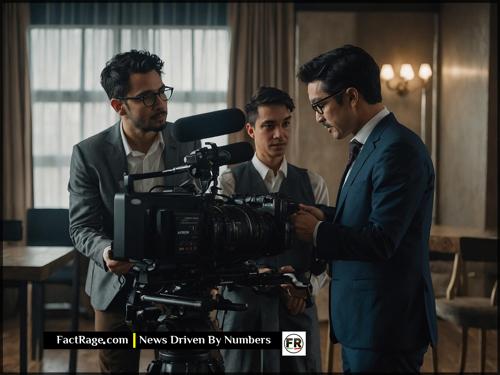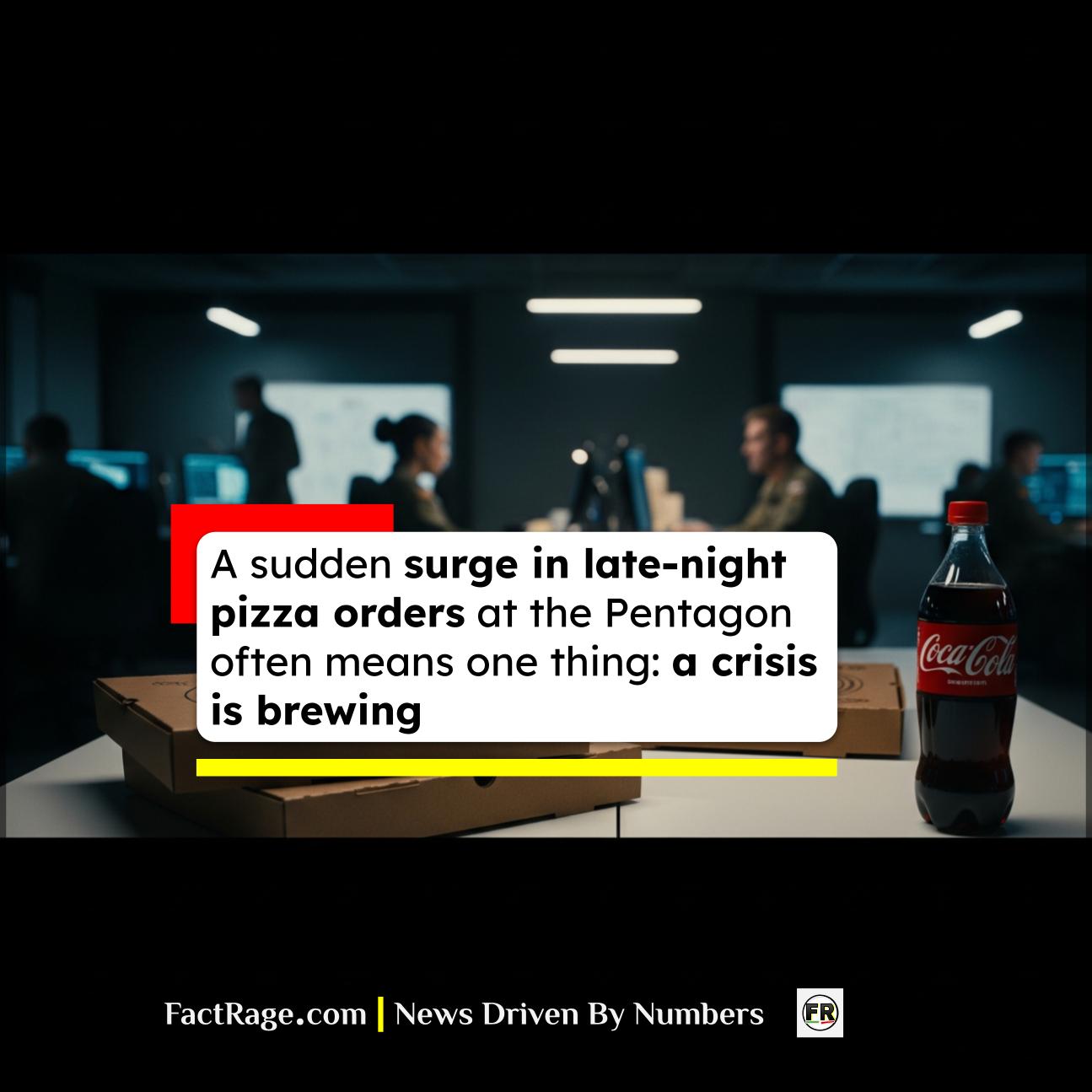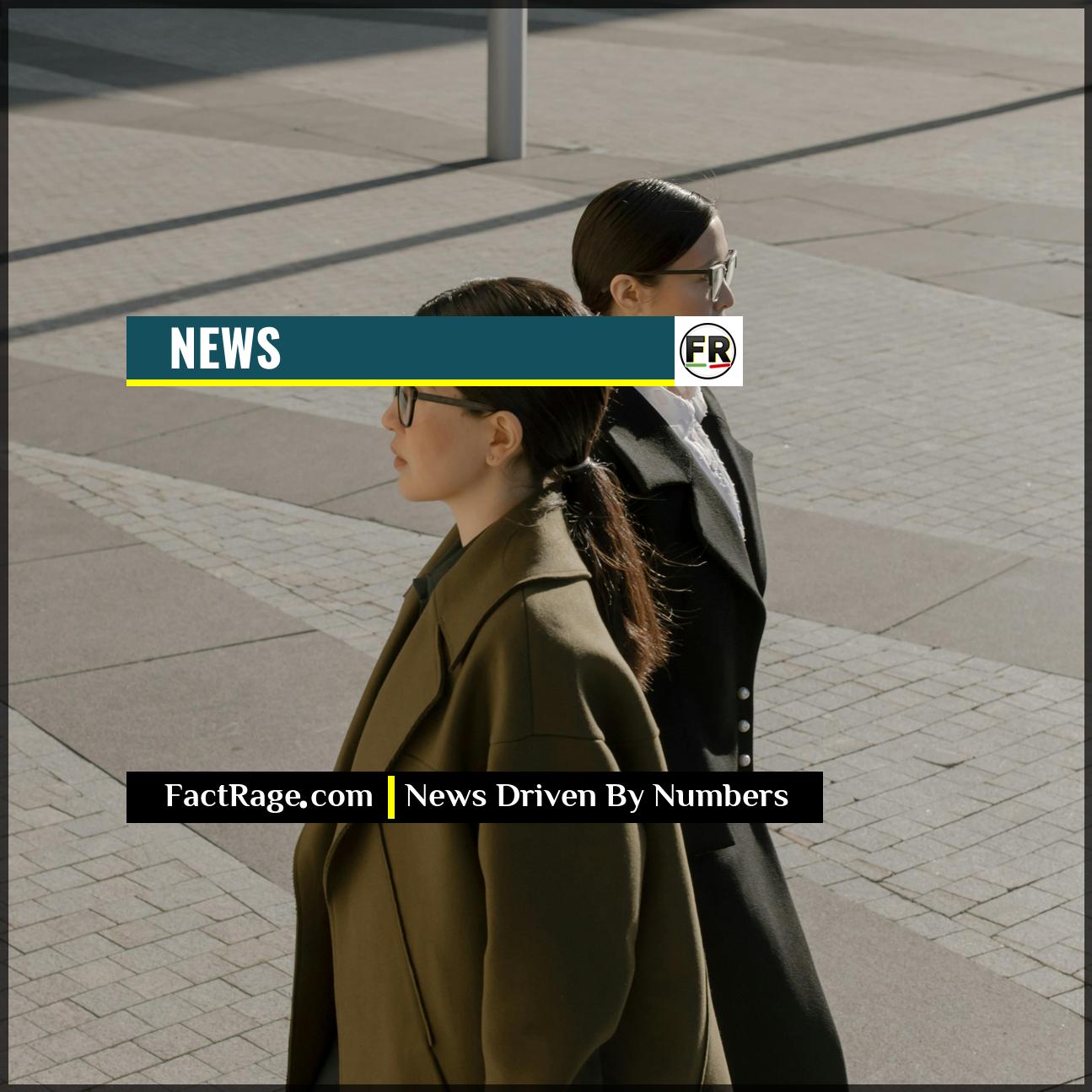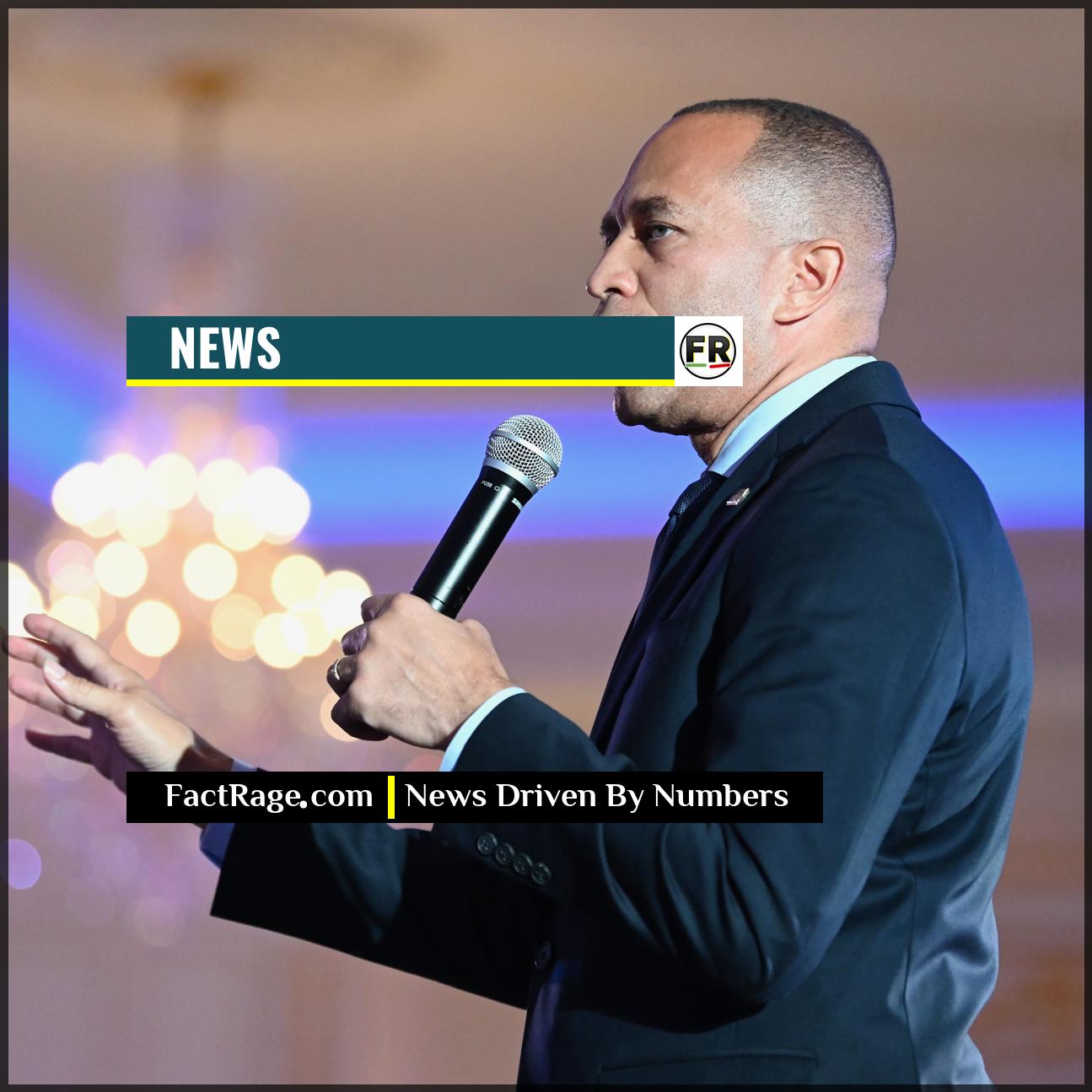HOLLYWOOD – The upcoming action-comedy ‘Head of State’ taps into one of Hollywood’s most durable political fantasies: the story of an average person unexpectedly thrust into the nation’s highest office.
- A Timeless Trope – From the 1939 classic ‘Mr. Smith Goes to Washington’ to the 1993 comedy ‘Dave,’ the “outsider in power” narrative is a recurring theme in American cinema.
- A Reflection of Reality – The popularity of these films often mirrors public sentiment, resonating most strongly during periods of low public trust in established political institutions.
- Evolving for the Times – The genre adapts to reflect contemporary anxieties, shifting from gentle satires to high-stakes thrillers like the upcoming ‘Head of State’ from Amazon MGM Studios.
This cinematic formula, where a relatable everyman gets a shot at the Oval Office, offers more than just a simple fish-out-of-water comedy. It serves as a cultural barometer, measuring our collective hopes, fears, and frustrations with the real-world political landscape.
From Idealist to Impersonator: A History of the Accidental Leader

The DNA of this genre can be traced back to films like Frank Capra’s Mr. Smith Goes to Washington (1939). While Jefferson Smith was a senator, not a president, his story established the core conflict: a naive but principled outsider confronting a corrupt and cynical political system. This set the stage for the quintessential version of the trope, Dave (1993). In the film, a kind-hearted presidential impersonator played by Kevin Kline is hired to cover for a comatose president, only to find he’s better at the job than the actual politician.
The theme has been revisited numerous times, each with a twist that reflects its era. In Man of the Year (2006), a political satirist played by Robin Williams is accidentally elected president due to a software glitch, questioning whether a comedian’s sharp honesty is more valuable than a politician’s polished rhetoric. More recently, Long Shot (2019) explored the idea of an average person influencing, rather than replacing, a leader. The question these films consistently pose is a powerful one: could an ordinary person’s common sense and decency be more effective than a lifetime of political experience?
Why We Crave the ‘Outsider’ Fantasy in Times of Political Distrust
The enduring appeal of the “everyman president” is not just about entertainment; it’s deeply connected to public perception of government. According to long-term polling by the Pew Research Center, public trust in the federal government in the United States has remained near historic lows for decades. When faith in institutions wanes, the fantasy of a reset becomes incredibly appealing.
These films offer a form of catharsis. They present a leader who is unburdened by political debt, party-line dogma, or backroom deals. The “accidental president” makes decisions based on simple, relatable morality. When Dave Kovic balances the federal budget with the help of his accountant friend, it’s a comedic scene that speaks to a deeper desire for pragmatic, no-nonsense problem-solving that many feel is absent from modern politics. The fantasy is not just about having power; it’s about seeing power wielded with an authenticity that feels lost.
What ‘Head of State’ Reveals About Our Current Anxieties
The upcoming film ‘Head of State’, starring Idris Elba and John Cena, suggests an evolution of the trope for a more anxious time. The premise reportedly involves an ordinary man who, through a series of chaotic events, finds himself in a position where he must become President of the United States to survive a vast political conspiracy.
By framing the story as a high-stakes action thriller rather than a gentle comedy like Dave, the film reflects a heightened sense of peril surrounding our political systems. The threat is no longer just inefficiency or mild corruption; it’s a deadly, existential danger. The casting of international action stars and a plot centered on survival suggests the fantasy has scaled up. The question is no longer simply “Could a good person do a better job?” but rather, “Can anyone, even a highly capable individual, survive the modern political machine?” The film’s premise hints that the stakes for an outsider entering the political arena are higher and more dangerous than ever.














